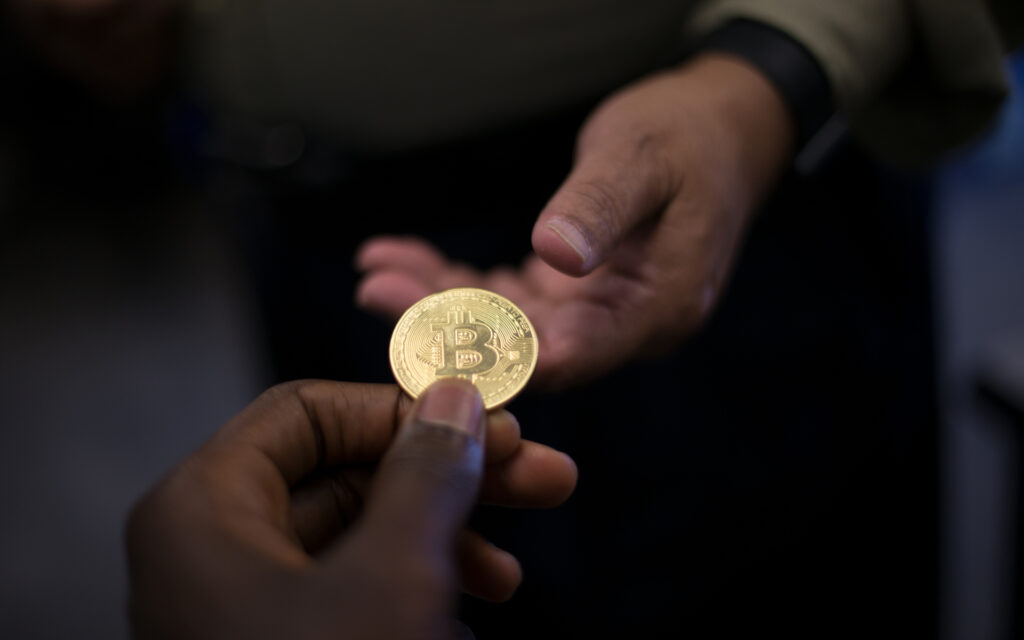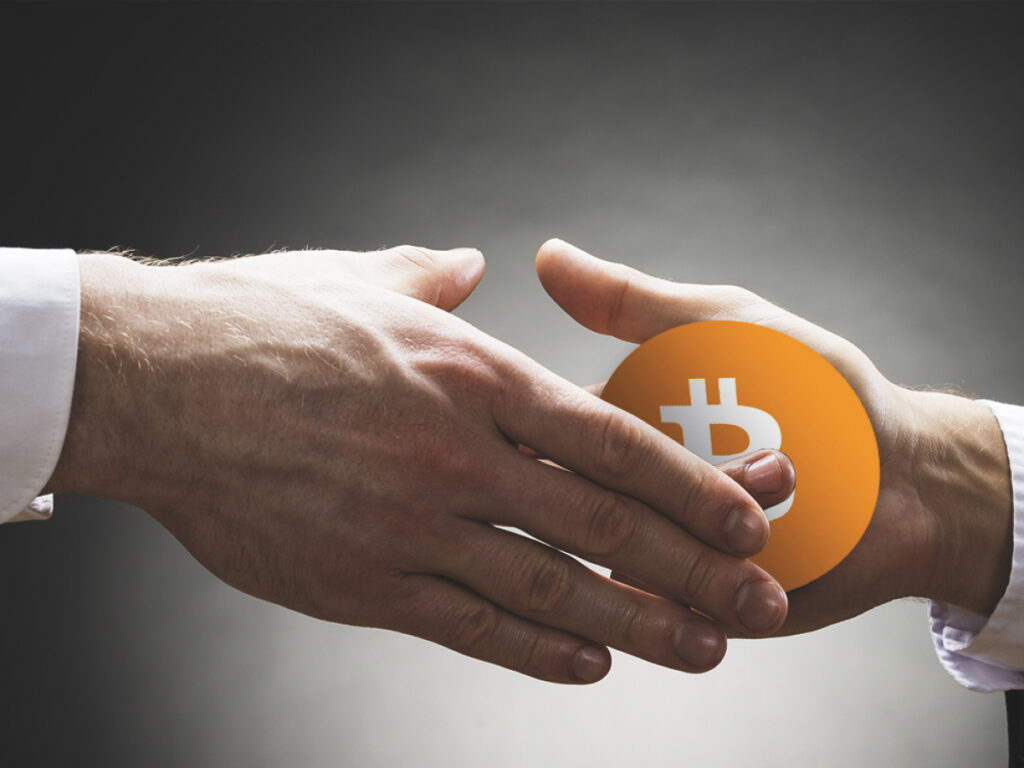Bitcoin is a decentralized digital currency that operates on a peer-to-peer network. One of the key benefits of Bitcoin is its ability to facilitate quick and secure transactions without the need for a third-party intermediary. However, the speed at which Bitcoin transactions are processed can vary widely and is an important consideration for those using the currency for everyday transactions.
The importance of transaction speed in Bitcoin cannot be overstated. In a fast-paced digital economy, delays in transaction processing can result in missed opportunities and lost revenue. Additionally, for Bitcoin to be a viable alternative to traditional payment methods, it must be able to process transactions quickly and efficiently.

Several factors can affect the processing time of a Bitcoin transaction. These include the size of the transaction, the fee paid, and the level of network congestion at the time of the transaction. Understanding these factors can help Bitcoin users optimize their transactions for faster processing and avoid unnecessary delays.
Factors that affect Bitcoin transaction processing time
Transaction fees play a crucial role in determining the speed at which a Bitcoin transaction is processed. Miners prioritize transactions with higher fees since they receive a portion of the fees as a reward for processing transactions. Transactions with low fees may take longer to confirm, while those with higher fees will be prioritized, ensuring faster confirmation times.
Another factor that affects Bitcoin transaction processing time is network congestion. When there is a surge in transaction volume, the network can become congested, causing delays in transaction processing. During such times, miners may prioritize transactions with higher fees, making it more difficult for those with low fees to get their transactions processed quickly.
Block confirmations also play a role in the processing time of Bitcoin transactions. Each block in the Bitcoin blockchain has a limited capacity, and transactions are processed in the order they are received. Once a transaction is included in a block, it must be confirmed by other blocks to be considered final. The number of confirmations a transaction receives affects its level of security, but it also impacts processing time. Transactions with fewer confirmations are more vulnerable to double-spending attacks, but they also require less time to process.
Average Bitcoin transaction processing time
The average time it takes for a Bitcoin transaction to be processed varies and is dependent on a number of factors. Generally, a Bitcoin transaction is expected to be confirmed within 10-20 minutes, assuming it has a sufficient fee. However, during times of high network congestion, processing times can take longer.
In some cases, it may take several hours or even days for a Bitcoin transaction to be processed, especially if it has a low transaction fee or if the network is experiencing a surge in transaction volume. It is important for users to be patient and avoid re-sending transactions during periods of high congestion as this may cause further delays. Some wallets and exchanges also allow users to pay a higher fee to prioritize their transactions, which can result in faster processing times.

Strategies for speeding up Bitcoin transactions
Transaction fees play a crucial role in the speed of Bitcoin transactions. One strategy for speeding up Bitcoin transactions is by using transaction accelerators, which are services that allow users to prioritize their transactions by paying a higher fee. This can help users to jump the queue and have their transactions processed faster. Another strategy is to use SegWit addresses, which can help to reduce the size of the transaction and therefore lower the associated fees.
Comparison of transaction processing time across different Bitcoin wallets and exchanges
Transaction processing time can also vary depending on the wallet or exchange being used. This is because different wallets and exchanges have different policies and fee structures. Some wallets and exchanges may prioritize transactions differently, which can impact the speed of processing. Users can compare the processing time of different wallets and exchanges to make informed decisions about which one to use.
How to check the status of a Bitcoin transaction
It’s important to be able to check the status of a Bitcoin transaction to know if it has been processed or if there are any issues with the transaction. Users can track the status of their transactions using blockchain explorers, which are websites that allow users to view the details of transactions on the blockchain. Popular blockchain explorers include Blockchair, Blockchain.info, and Bitaps.

Conclusion
Bitcoin transaction processing time can vary depending on several factors, including transaction fees, network congestion, and block confirmations. By understanding these factors and employing strategies such as using transaction accelerators and SegWit addresses, users can speed up their transactions. It’s also important to compare the processing time of different wallets and exchanges and to stay informed about the status of transactions using blockchain explorers. By considering these factors, users can make more informed decisions about using Bitcoin and ensure that their transactions are processed in a timely manner.





Nice work you are doing here
You people are doing a great job
Thanks
Thanks for helping me